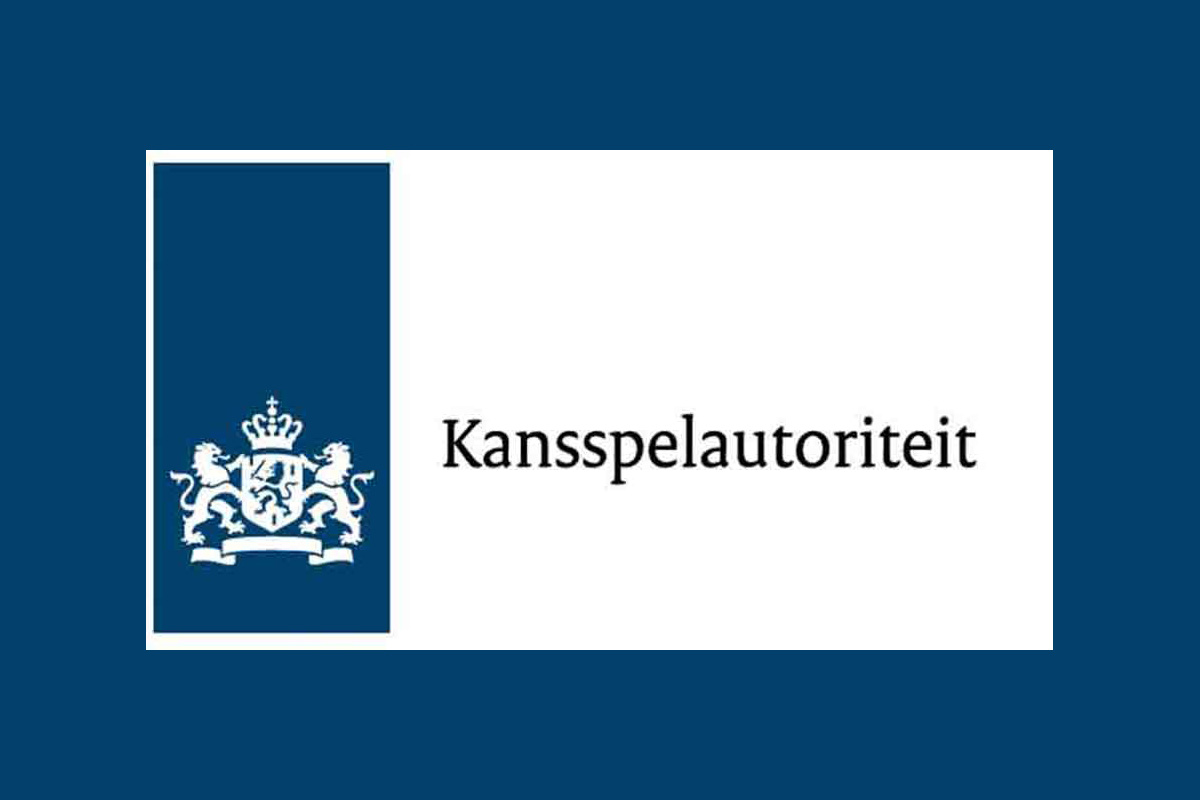KSA: Spring 2025 Monitoring Report Shows Positive Effect of Responsible Gaming Policy

The measures introduced in October to protect players have had a positive effect: players are losing fewer large amounts and the percentage of extreme losses has fallen sharply. This is evident from the latest monitoring report from the Netherlands Gambling Authority (KSA). The figures also show that the majority of Dutch players still play with legal providers. However, the amount of money circulating in the illegal market has increased.
The gross gaming result (GSR, stakes minus prizes paid out) for the whole of 2024 is 1.47 billion euros. This is a growth of 6% compared to 2023, when the GSR amounted to 1.39 billion. In the second half of 2024, the GSR was 10% lower than in the first half of the year. This could be due on the one hand to a peak during the European Football Championship in June, but also to the introduction of new rules to better protect players, which also include a deposit limit.
Young adults
Young adults (18 to 23 years old) receive extra attention in the monitoring report, because they are a vulnerable target group. Together, they lost 11% of the BSR in the second half of 2024, while they make up 9% of the adult population. They do spend less money on average; they lose an average of €48 per month, compared to €148 for 24+ players. It is striking that young adults gamble relatively more on sports events than older age groups; of the money they spend, 29% goes to sports betting, while for other players this is 22%.
Number of players and accounts
In the last six months, an average of 1.19 million accounts were played per month. This is a slight increase compared to half a year earlier, when there were 1.1 million. In the last quarter, the number of new accounts increased; this could be due to the new measures for safe gaming. A player can have multiple accounts, so the number of accounts is not equal to the number of people gambling. An estimated 788 thousand players were active with legal providers in the last six months, 5.4% of the adult population. Six months earlier, this was 5.5%, so the number of players is stable.
Loss
The average player aged 24 and over lost €148 per month on gambling in the second half of 2024. That is lower than the first six months, when it was €160. Although players have been playing with more accounts since the introduction of the responsible gaming policy, the average loss is lower than before the introduction. The number of accounts with extreme losses has also fallen sharply. Before October 2024, 4% of accounts lost more than €1000 per month, after October that is only 1.2%. Before October 1, 2024, 73% of the BSR came from players with losses of more than 1000 euros. After the introduction of the rules, this percentage has dropped to 23%. This means that providers generate less income from player accounts with large losses.
Canalization
The monitoring report shows that the channelling in terms of players and the channelling in terms of money differ greatly. Of all people who gamble online, the vast majority (91%) do so with legal providers. On the illegal market, significantly more money is spent: of the total amount that Dutch people spend on gambling, 50% is spent with illegal parties.
Problem gamblers
There are no hard figures on the total number of people with a gambling addiction in the Netherlands. There are figures on the number of people who are being treated for a gambling addiction. In 2023, 2456 people were treated. At the time of publication of this report, there was no update of that figure. The total number of players who have excluded themselves from risky gambling with a Gokstop with a registration in the Cruks register was 87,345 people in January 2025. Half of them are under 32 years of age. Of the total number of Cruks registrations, 16% are young adults.
Source: kansspelautoriteit.nl
The post KSA: Spring 2025 Monitoring Report Shows Positive Effect of Responsible Gaming Policy appeared first on European Gaming Industry News.







